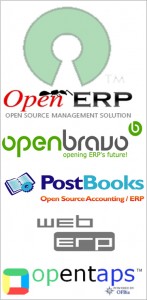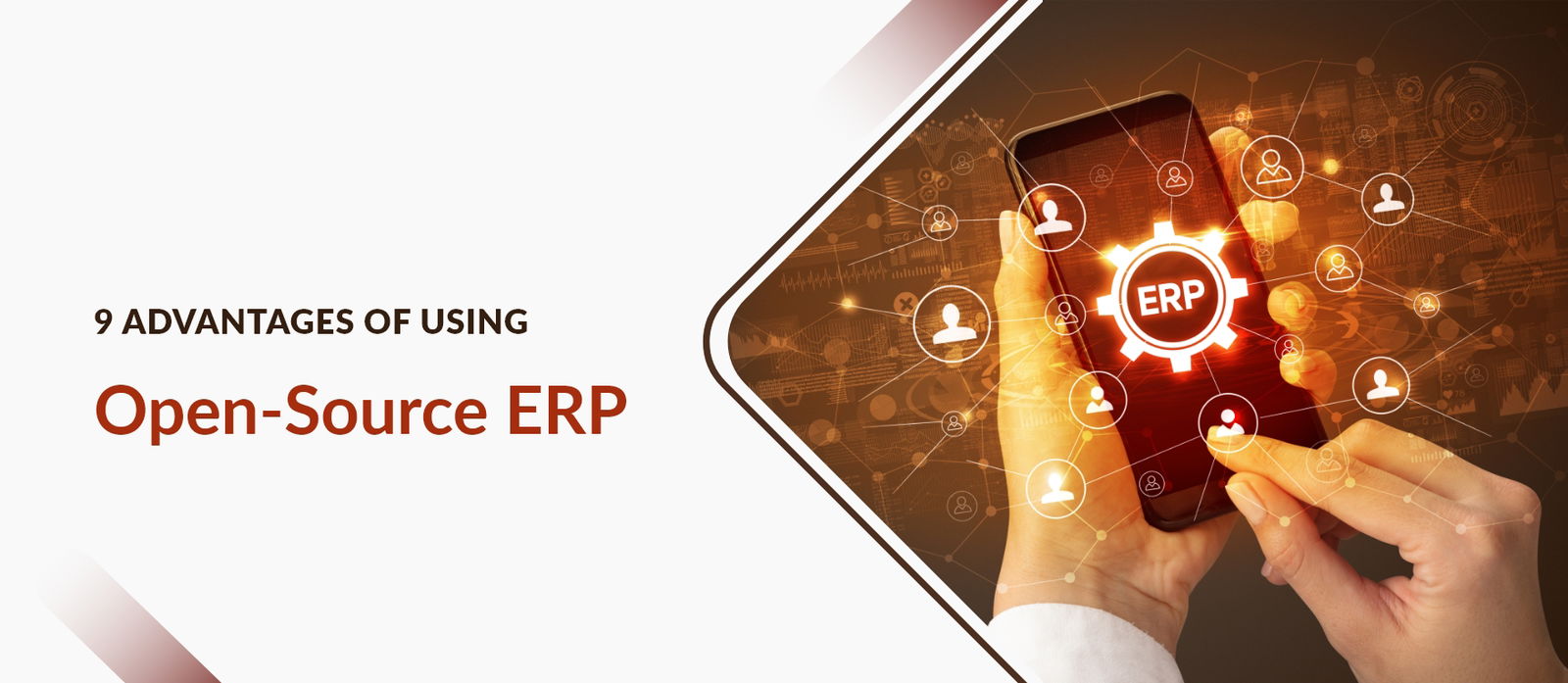Open source software – A platform for Constant Development.
Bista solutions
Today if we check there are normally three kind of software companies available (on a basic note) that is Big giants such as Microsoft, Wipro, and so on the second level we have medium size Open source software,Software companies and the last level of course the small software companies which are blooming behind the gloom of Giants. As we all know that if a Open source software company is Big then to deal with them your pocket should be big, because of the infrastructure, Development centre etc. these companies have; vice versa is the case when you are dealing with small software company, because Small and Medium companies are considered as mostly cost effective as compare to the greats because Small and Medium Software development company have little resource, less money, less hierarchy and the main point which people always forgot is the urge of proving with the best service and successful implementations.
As always seen in many cases where Small companies can provide services anytime when the client have problem. So now the main point of the topic is the advantage of Using Open source when you are small or medium, because it seems to be more cost effective on an initial stage of development using Open source tools. As here you don’t have to pay to prove, here you prove and you get paid.
Also it is been natural thinking that “Open source is Free” Naturally you don’t have to pay for the software but there are other development cost. Open source just open gates for developer to create whatever they want. It is as simple as providing a blank paper to a draw things you like. It gives a chance to research, discover and prove one’s capabilities. Apart from the same through participation in innovative or very exclusive projects a programmer can create his own reputation that boost the importance in market place.
Also Open source has helped to those who prefer proprietary software instead might be thinking how! Yes because of Open source Giants has to lower their prices to compete with indirect competition. I read sometime back that “The most dangerous word for Microsoft is – Open Source”. Hence from the above I can conclude that Open source software is considered as boon, friend for all small and medium software vendors and their customers.
Open source software – A platform for Constant Development.
Today if we check there are normally tree kind of software companies available (on a basic note) that is Big giants such as Microsoft, Wipro, and so on the second level we have medium size Software companies and the last level of course the small software companies which are blooming behind the gloom of Giants. As we all know that if a company is Big then to deal with them your pocket should be big, because of the infrastructure, Development centre etc. these companies have; vice versa is the case when you are dealing with small software company, because Small and Medium companies are considered as mostly cost effective as compare to the greats because Small and Medium Software development company have little resource, less money, less hierarchy and the main point which people always forgot is the urge of proving with the best service and successful implementations.
As always seen in many cases where Small companies can provide services anytime when the client have problem. So now the main point of the topic is the advantage of Using Open source when you are small or medium, because it seems to be more cost effective on an initial stage of development using Open source tools. As here you don’t have to pay to prove, here you prove and you get paid.
Also it is been natural thinking that “Open source is Free” Naturally you don’t have to pay for the software but there are other development cost. Open source just open gates for developer to create whatever they want. It is as simple as providing a blank paper to a draw things you like. It gives a chance to research, discover and prove one’s capabilities. Apart from the same through participation in innovative or very exclusive projects a programmer can create his own reputation that boost the importance in market place.
Also Open source has helped to those who prefer proprietary software instead might be thinking how! Yes because of Open source Giants has to lower their prices to compete with indirect competition. I read sometime back that “The most dangerous word for Microsoft is – Open Source”. Hence from the above I can conclude that Open source is considered as boon, friend for all small and medium software vendors and their customers.



